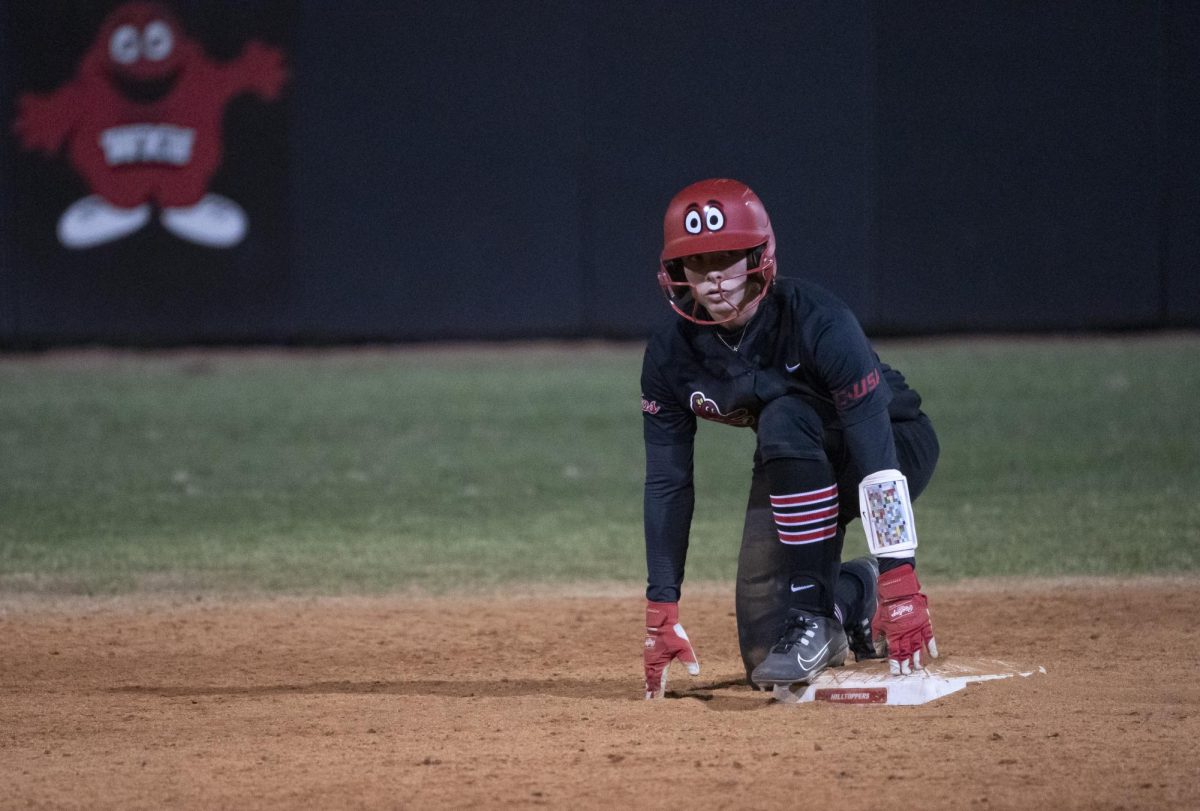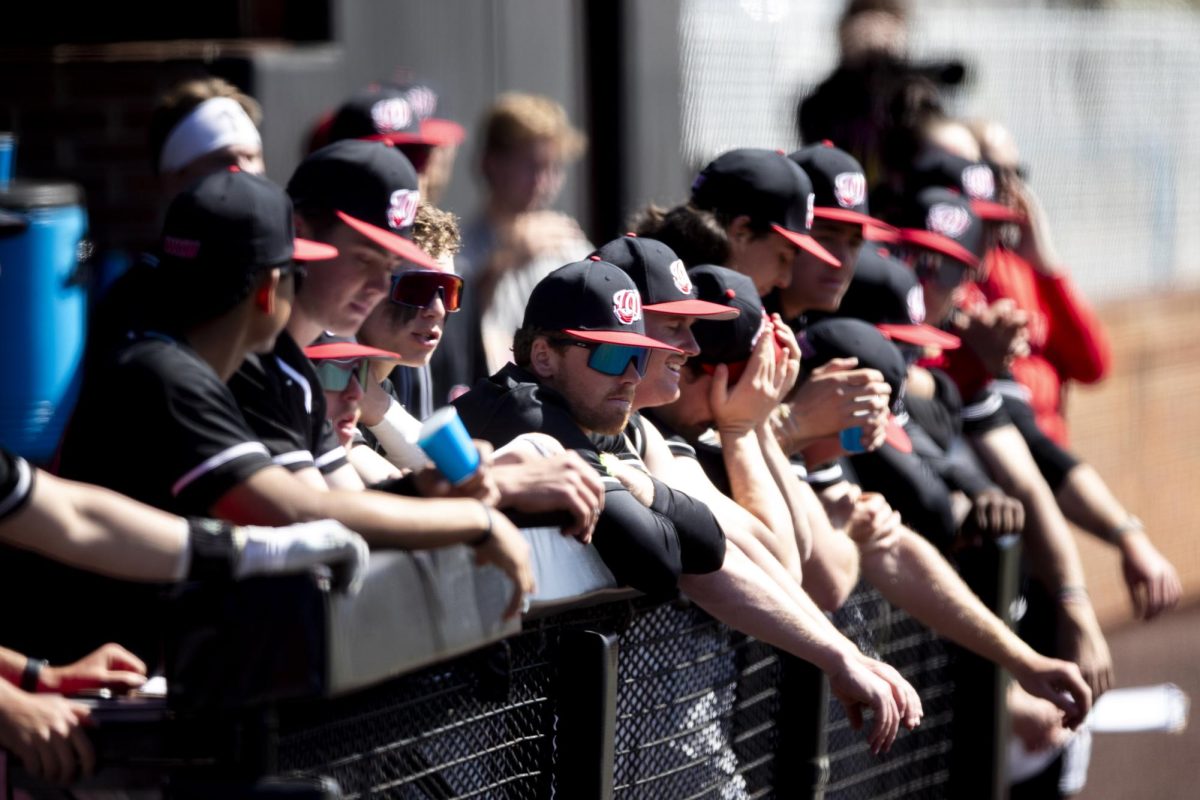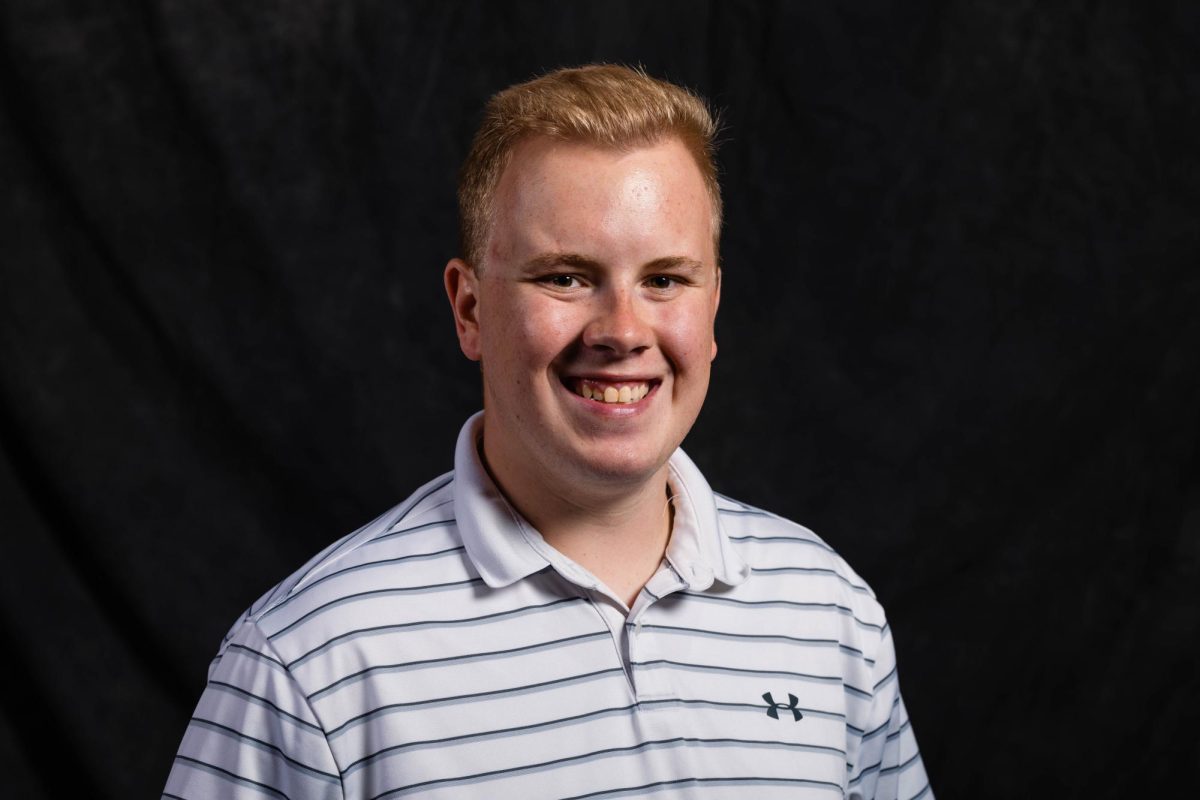Study abroad students sent home due to COVID-19 share stories on Italy, Germany
March 20, 2020
On March 11 President Trump announced the start of a 30-day travel deferral between the United States and Europe. Although at the time the restrictions excluded Great Britain and Ireland, on Saturday the Trump administration expanded the travel restrictions to those nations.
Due to these travel restrictions, many students who were a part of study abroad programs around the world were sent back to their home countries.
All 103 WKU students who were studying abroad were forced to come home last week, amidst growing concerns about the virus.
Five students were studying in Italy, the second most affected country so far; having 475 deaths as of Wednesday, March 18.
One of these students was WKU junior Brittnay Morrison. She was on a study abroad trip spanning across Europe, and was in Italy when told to go home.
Morrison said the shutdown came in different parts. First was the level two travel advisory, meaning tourists and travelers need to exercise increased caution.
Then came the school shutdowns, she said.
“No one was worried or anything until the schools in Florence started to send people home,” Morrison said Wednesday in a direct message. “[The coronavirus] turned into the only thing we talked about during classes and people were starting to freak out.”
Students received an announcement from the CDC that Italy had transitioned from a level two travel advisory to a level three travel advisory: ‘reconsider travel.’
Morrison said there weren’t any noticeable differences when the level three travel advisory came into play.
“All museums and attractions were open and maybe even more crowded than usual while it was everyone’s last days [on the study abroad trip],” Morrison said Thursday in a direct message.
Morrison said she and her peers had to book flights home, as they were afraid of being forced into remaining in the country due to oncoming restrictions.
“I think most people would agree with me that we all feel cheated like we should have picked a different semester,” Morrison said. “All of us lost a lot of money with non-refundable flights, housing, and tuitions.”
All students who were studying abroad this Spring 2020 semester were forced to come back to the US, so therefore many had to spend money on flights and temporary housing.
“Travelers returning from the specified countries in Europe should stay home for 14 days after returning from travel, monitor their health, and practice social distancing,” said the CDC in its advisory on March 11.
Therefore, Morrison has been quarantined in her home. She is not alone; thousands of Americans that have recently travelled to the now at-risk countries are self-isolating and quarantining themselves due to risks of passing on the virus to others.
“It just went from being relaxed, to mass panic within a week,” she said.
The Lorenzo de’ Medici (LDM) Institute, the program hosting Morrison’s study abroad program, has not said if they will be providing any refunds to students as of yet, but that they are currently looking into the situation.
Nicholas Barth, a WKU sophomore that was studying abroad in Lüneburg, Germany said that he was also not worried about coronavirus at the beginning, until he received news that the Italy study abroad trips were getting cancelled.
Barth received multiple emails from WKU regarding his trip abroad, with each email increasing in severity.
The first email, a recommendation for him to go home, the second, forcing him to go home by March 20, so he scheduled a flight for that date.
A few hours after the second email was sent out to students, Barth received a message from the study abroad program, stating they had cancelled classes for the rest of the semester; two months were remaining.
On Sunday night Barth got an email from his program urging its students to book the ‘next available flight’ due to issues with flight cancellations and the beginning of borders closing.
“So at 3:30 a.m., I woke up with two hours of sleep and booked the next available flight,” Barth said in a text message Thursday. “Packed up my whole entire room and life basically, and left my apartment at 9 a.m. that day.”
He said that coming home was stressful, with one of the reasons being unaware of what the procedures were going to look like once arriving home.
“It was all very sudden emotional,” Barth said. “I thought I would have more time in what had become my home.”
None of the WKU students who were studying in Lüneburg were confined to quarantine, although they are all listening to WKU and their program provider’s advice and participating in a two week self-quarantine.
Barth has not received an email from WKU about the situation since arriving home.
“Hopefully [the email] is coming but for most of the students who have come home, we’re very much in a confused state about what to do now,” Barth said.
News reporter Cassady Lamb can be reached at cassady.lamb667@topper.wku.edu. Follow her on Twitter at @lambp0p.















